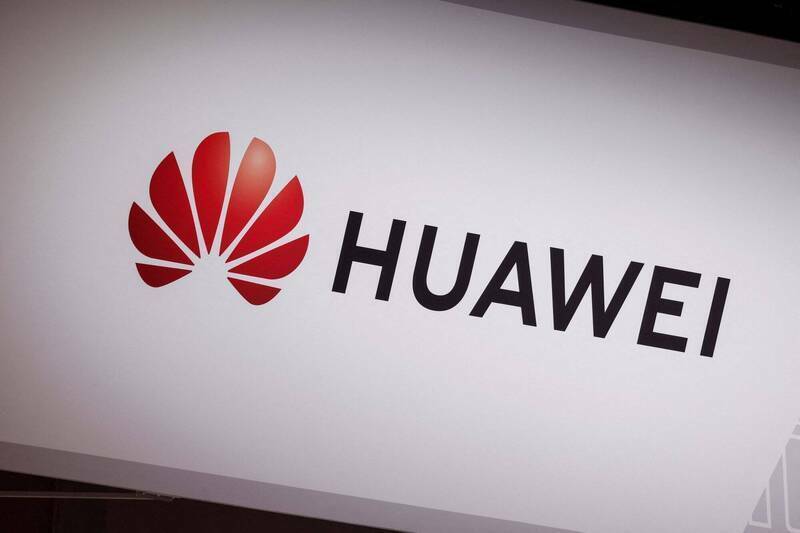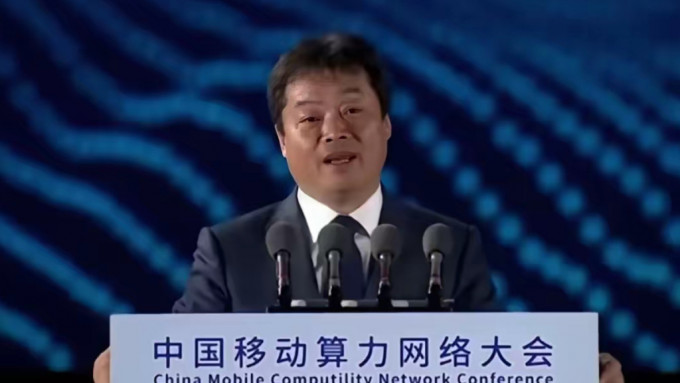
不敢肖想5奈米、3奈米!華為高管坦承:有7奈米就很好了 - 自由財經
〔編譯盧永山/綜合報導〕美國2019年對華為展開制裁,禁止該公司取得先進晶片技術,華為在去年8月推出Mate 60系列智慧手機,號稱使用中芯國際代工生產的7奈米製程晶片,震驚全球,認為華為已突破
 ec.ltn.com.tw
ec.ltn.com.tw
(Use Google Translator)
[Compiled by Lu Yongshan/Comprehensive Report]
The United States imposed sanctions on Huawei in 2019, prohibiting the company from obtaining advanced chip technology. Huawei launched the Mate 60 series of smartphones in August last year, claiming to use 7-nanometer process chips produced by SMIC, shocked the world, believing that Huawei has broken through the US blockade, and may even make further breakthroughs in the 5nm or even 3nm process in the future. However, Zhang Ping'an, Huawei's managing director, recently admitted, "It will be very, very good if our semiconductors can solve 7 nanometers." We will definitely not be able to obtain 5 nanometer or even 3 nanometer technology.
According to reports from China's "Fast Technology" and "The Paper", Zhang Pingan recently attended a public event and said frankly: "We in China will definitely not be able to get 3 nanometers, and we will definitely not be able to get 5 nanometers. If we can solve the problem of 7 nanometers, it's already very, very good.”
Zhang Pingan said that it is already very good if China can reach the 7nm process (process) level in the semiconductor field, and there is no need to blindly pursue more advanced processes such as 3nm or 5nm.
Zhang Ping'an pointed out that China's semiconductor industry is currently unable to directly compete with developed countries in cutting-edge processes such as 3 nanometers and 5 nanometers. "We should pay more attention to in-depth cultivation of relatively mature processes such as 7 nanometers and improve product performance and reliability to meet the needs of the market and users."
Zhang Ping'an said: "The direction of China's innovation must rely on the direction of our chip capabilities. Our innovation direction cannot be in the single-point chip process. Our innovation direction should be in the system architecture. "
"Fast Technology" reported that it will still be difficult for China's domestic semiconductor manufacturers to produce chips below 7 nanometers for a long time to come.
Reports from the Semiconductor Association (SIA) and Boston Consulting Group (BCG) indicate that by 2032, China will produce 28% of wafers below 10 nanometers, but only 2% of advanced process wafers are expected.
Like China, the United States currently does not have the ability to produce chips below 10 nanometers, but this is not a big problem for them. TSMC, Samsung Electronics, etc. have already begun to build advanced chip factories in the United States. TSMC's chip factory in Taiwan has successfully mass-produced 3nm process chips as early as 2022 and is currently moving towards the 1.4nm process.

